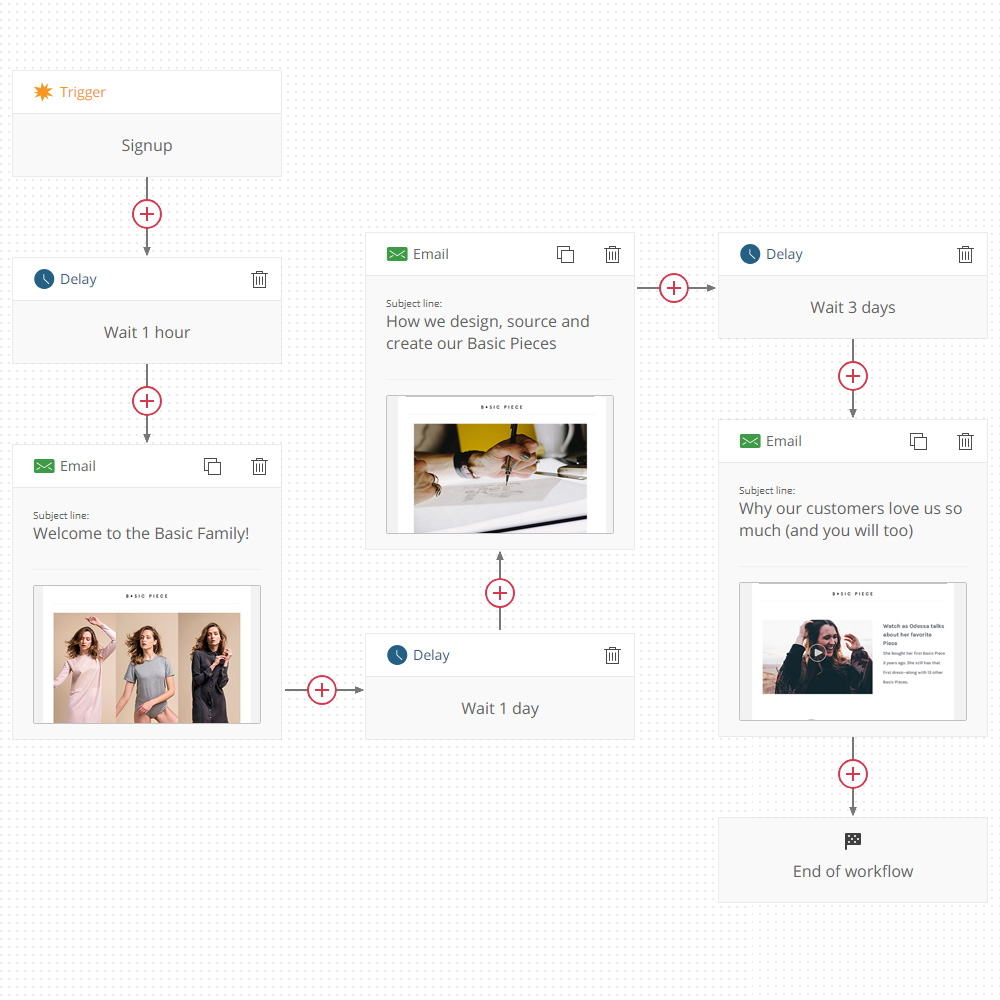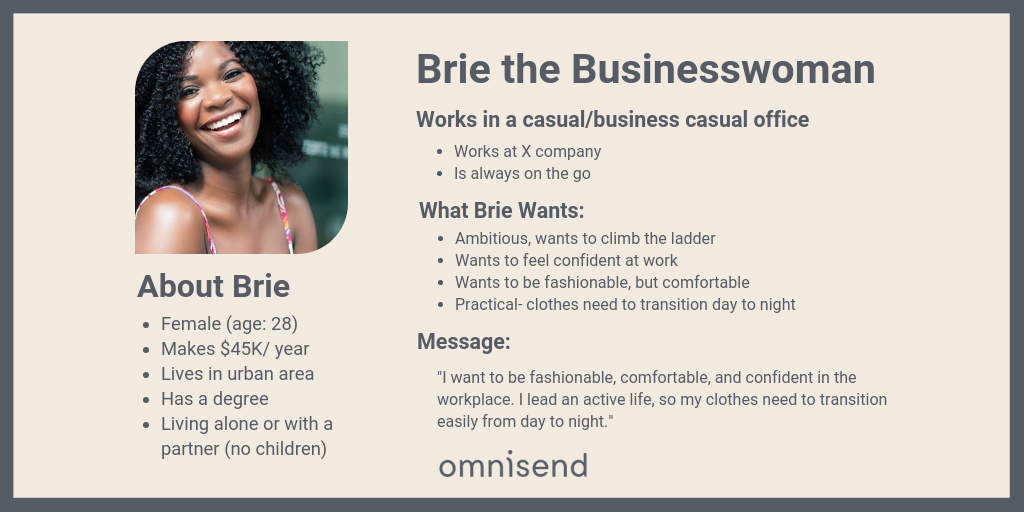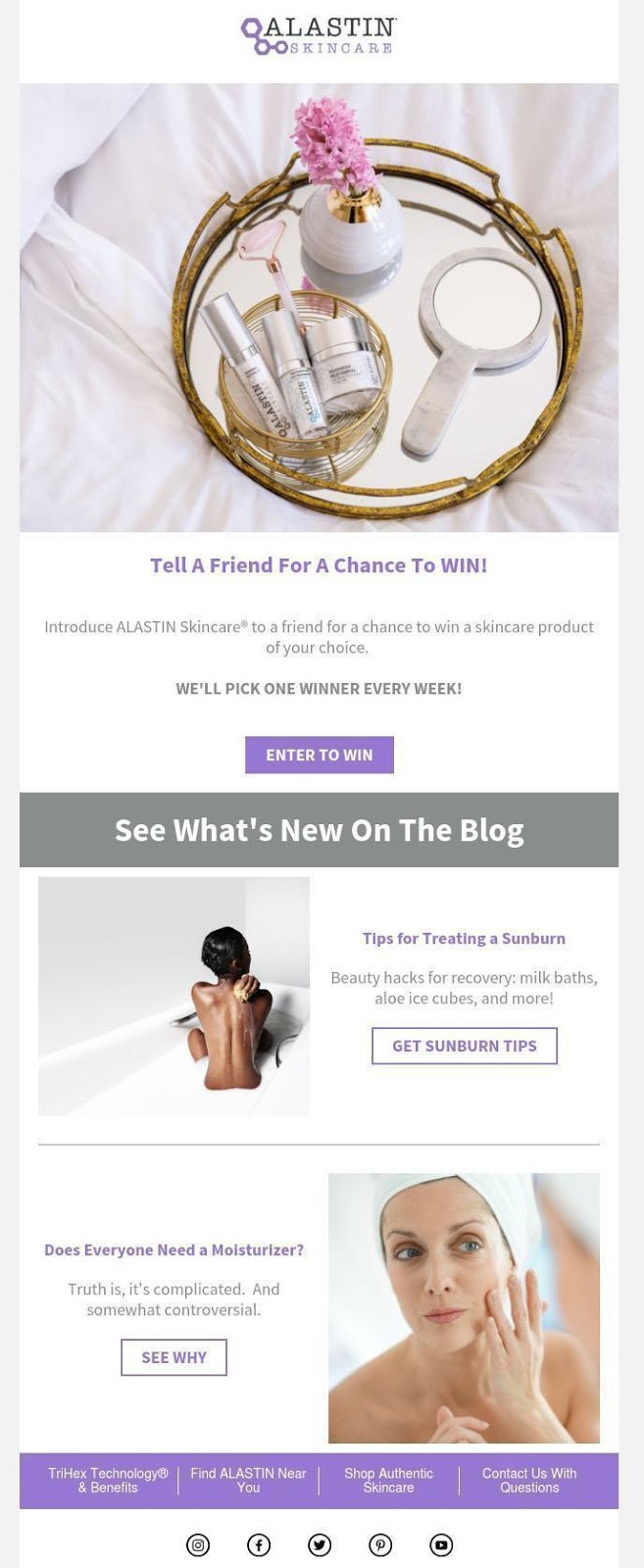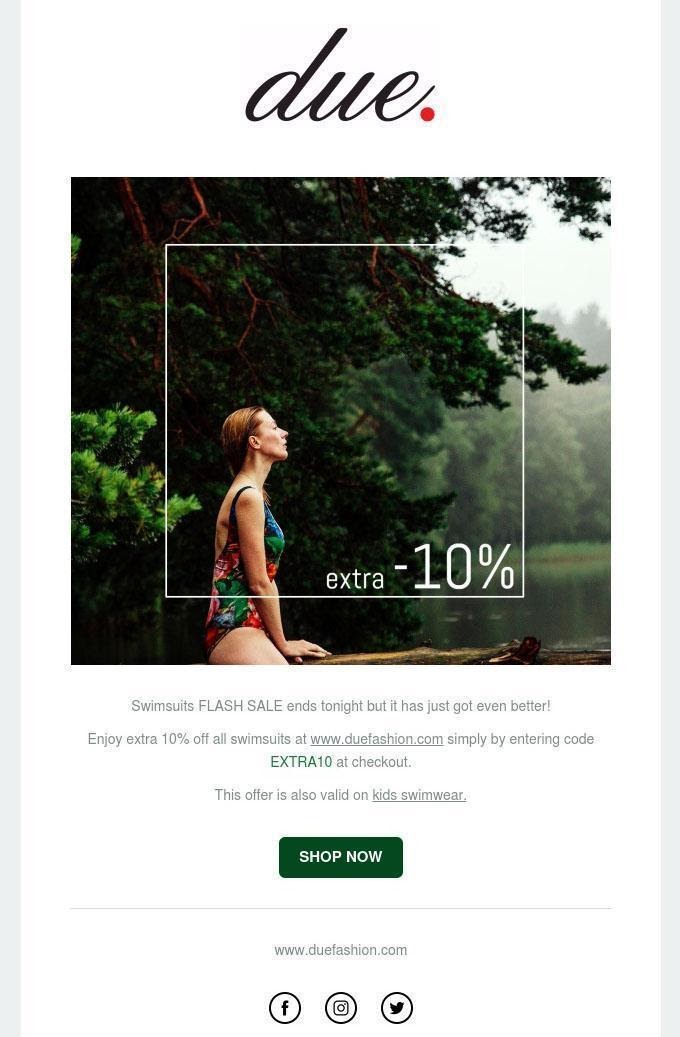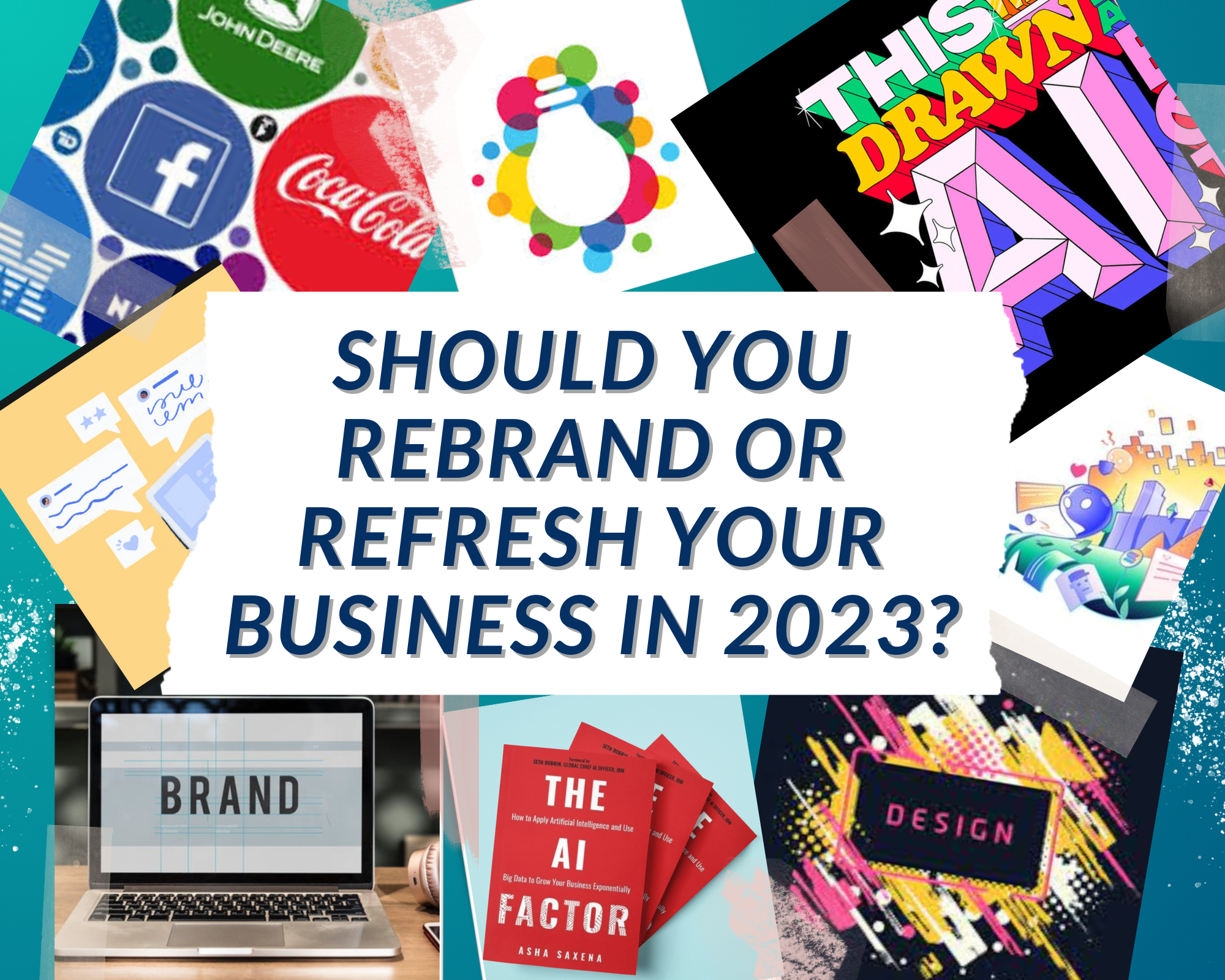
This article will cover some of the most effective tips for building an email list for small business owners and marketers. Keep in mind that email marketing is different for every brand—what works for one company may not be as effective for another.
Empower Email Marketing as a Channel
1. Keep Tabs on the Competitors
It’s critical to offer unique content that differentiates your brand from the competition, but that doesn’t mean you can’t get ideas from other companies. Businesses that work in the same niche deal with the same challenges, so you can learn a lot by examining their strengths and weaknesses.
While there are tons of ways you can keep tabs on your competitors, and even draw inspiration from what they do.
At a minimum, you should sign up for your competitors’ email newsletters and campaigns. See how they talk to their customers, and what kind of elements they add to their emails.
You can’t really know what kind of results they have, but it might jog a bit of inspiration for you.
You can begin borrowing (note, I’m saying borrowing, not stealing) pages from their book to see if it works for your own customers. Chances are, if you’re shooting for the same audience, you’ll see similar tactics working for you.
Once you’ve identified the best ideas through competitor research, look for ways to add to those strategies and use them in new ways. You should always be building on their successes rather than simply transferring their tactics to your own campaigns.
2. Provide Exclusive Content
Most internet users already subscribe to a number of email newsletters, so it can be tough to give leads a reason to sign up for your email list. Exclusive and interactive content is a powerful incentive that can have a significant effect on lead generation.
If readers can access all content through your website or blog, they’re less likely to subscribe to your newsletter for access to the same information. Keep in mind that there’s an incredible amount of content available online—exclusive messages are only a strong incentive if your content goes above and beyond what they could get for free.
For generating new leads you can use gated content like gift guides, ebooks, checklists (example No1), or offer a gift for the signing up (example No 2).
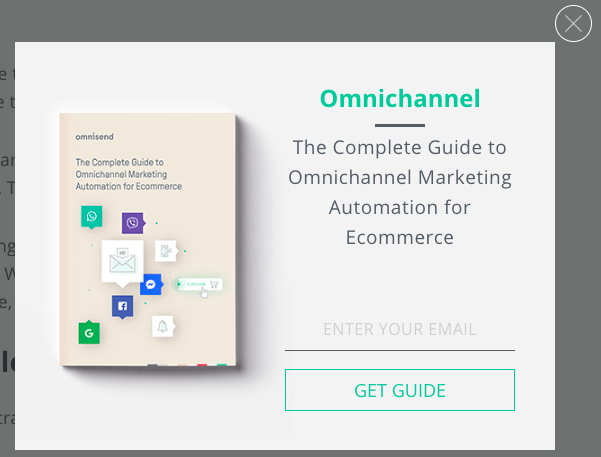

3. Set Up Drip Campaigns
An email newsletter with regular messages is a great way to connect with your subscribers. However, customers expect thoroughly personalized email marketing campaigns from their favorite brands. It’s crucial to build your campaigns around the customer experience and understand exactly what your audience is looking for.
Drip campaigns involve setting up different types of emails to trigger in response to certain behaviors. Welcome emails, for example, are automatically sent once a new user joins your email list.
These and other automatic emails allow you to send personalized content, and there’s very little ongoing work involved once you set up the campaign.
Research shows that email achieves a better return on investment than any other marketing platform, so automating more messages is one of the best ways to improve lead generation and retention.
A strong welcome sequence is a perfect start to the customer relationship, and discounts and other offers will keep leads engaged with your brand over time.
4. Consider Customer Persona
Personalization is a top priority for every digital marketer, but it can be difficult to determine exactly what your customers want. Customer persona helps you understand different segments of your audience and target campaigns more effectively based on their desires.
When you’re first starting off, you’ll create your customer persona based on who you think your ideal customer is. Once you get going and gather more data, you’ll be able to tweak this persona to better match your customers.
Answer a few key questions about who your ideal customer is:
- What is their name?
- What’s their employment situation/role/income?
- What do they like to do? What are they interested in?
- What are their demographics (where do they live, how old are they, what’s their family situation, etc)?
- What is their goal?
- What problem do you solve for them?
- What’s the message your brand sends to this customer?
Let’s look at a practical example I created for a brand selling women’s wear:
Note that with this customer persona, it’s tailored to this clothing brand’s product line. They want to target women who want to look smart, but be comfortable. Their ideal customer is a busy woman who leads an active lifestyle.
It’s much easier to provide content that adds real value once you understand what your audience considers relevant. Testimonials, personal advice, and other forms of content that build trust in your brand are perfect for growing your email list and positioning your brand as a thought leader.
More importantly, you can think of your customer persona by name any time you’re creating content. Is this something that would resonate with Brie? Would Brie be interested in this offer?
It helps you humanize the copy you write when you can picture her face in your mind. A good customer persona helps you write more like a human being and less like a corporate robot.
Make Your Emails Outstanding
5. Optimize Subject Lines
You probably design the body of an email before its subject, but the subject line is one of the most critical elements of any message. It’s the first thing users read when they see your message, and a bland or uninformative subject will have a negative impact on your email marketing results.
Most readers won’t spend more than a second or two scanning each subject line, so try to write something that immediately grabs their attention. Include any offers or discounts in the subject line to make the message’s value clear.
6. Split-test Content
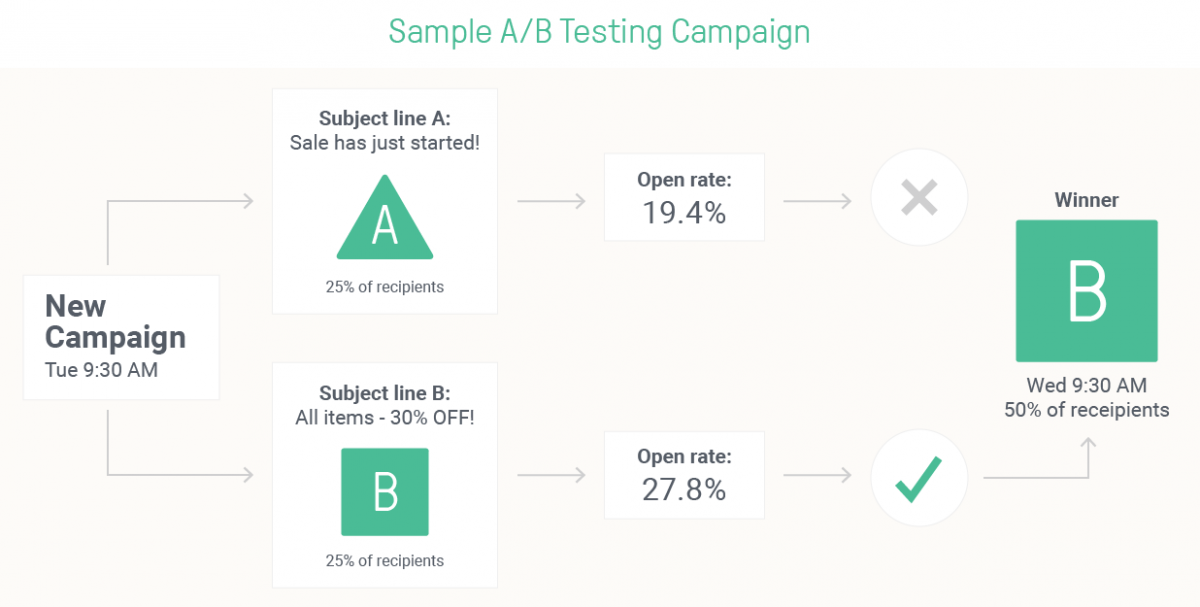
A/B testing is an ongoing process that can significantly improve your email marketing results. Try to test at least one element in each campaign to make continual progress.
7. Streamline Your Email Design
Just as a poor subject line reduces open rates, visually confusing emails lead to worse performance on every marketing metric. Streamlining the design of each message makes it easier for readers to understand the value quickly and helps you make more sales.
In general, marketing emails should contain an equal quantity of text and images. This is especially relevant considering how many users read emails on a smartphone or tablet. Use subheadings and short paragraphs to break up the text and make your messages more readable.
Check the example below:
8. Use One Clear CTA
The call to action is the most important element in every email, but adding too many CTAs can backfire by adding too much clutter. Using a single call to action will make your emails easier to read and lead to a higher conversion rate.
While you shouldn’t include more than one call to action, you can reiterate the offer at the end of the message so that readers don’t have to scroll back up to the top of the email. Adding more than two iterations of the same call to action will lead to diminishing returns.
9. Offer a Forwarding Option
Reducing your cost per lead is one of the most efficient ways to increase your email marketing ROI. Email forwards are a great source of passive lead generation, but readers will only share content that offers real value.
If you’re having trouble generating leads through email forwards, consider implementing a referral program. Referral benefits are an incredibly affordable strategy for finding new leads, and they effectively turn your customers into word of mouth marketers. You can use a variety of services to set up customizable referral programs and monitor your results.
Wrap Up
As customers get savvier and less-receptive to a promotion, lead generation becomes more difficult. No one ever said that generating great leads would be easy.
But if you think about who you’re targeting, and you strategize about giving your targets an offer they can’t turn down, they’ll be lining up to hand over their email addresses.
If you really want great leads, pull ideas from the competition, provide content they can’t wait to get their hands on, set up an appropriate follow-up drip campaign to keep them warm and write like you’re their best friend.
With this strategy, you’ll be able to generate leads and nurture them into paying customers that will be loyal for life. Color inspiration from one of our favorite email marketing platforms Mailchimp. What are your best email marketing tips?

